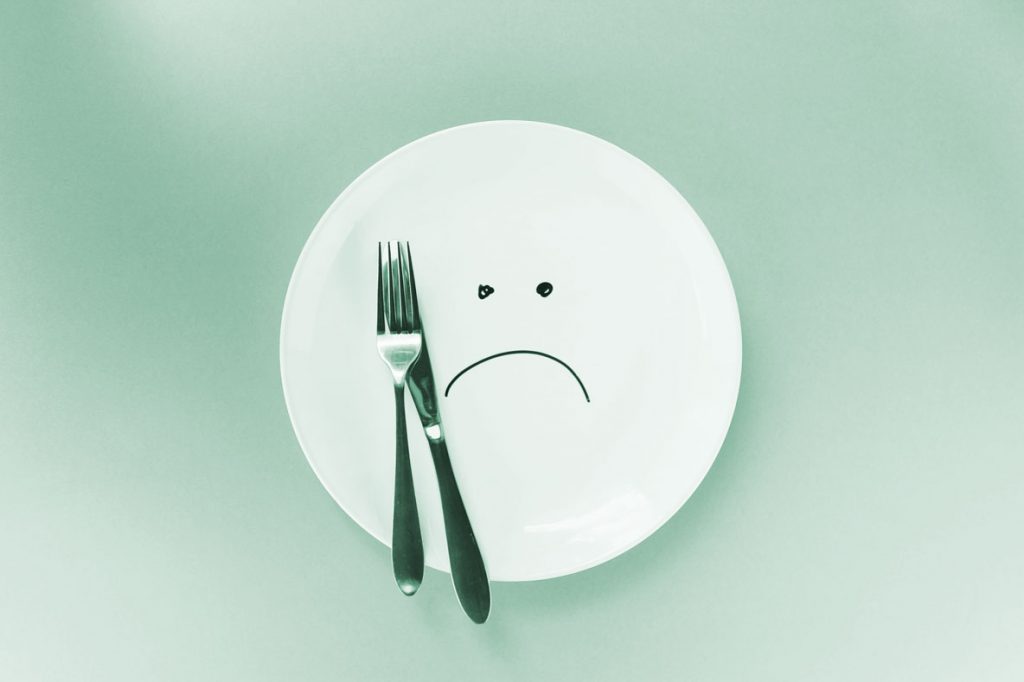You know the feeling of your internal pressure cooker building up, when work demands, deadlines, financial burdens, and interpersonal conflicts conspire to send your stress level through the roof. At those times, you want something QUICK and EASY to soothe your frayed nerves. And for lots of people, that soother is sugary foods. It makes sense from a medical perspective. Sugar has a drug-like effect in the reward center of the brain. Sugar causes a surge of feel-good hormones like dopamine, right when you really need something to help you feel good. But stress eating sets up a vicious cycle because having a little sugar stimulates a craving for more, and results in sugar crashes, food coma, inflammation, and weight gain.
Stress eating, also called emotional eating, is when you gobble down sugary, nutrient-empty foods in response to uncomfortable feelings rather than in response to hunger cues. Stress can be thought of as a type of pain; the official definition of pain is an unpleasant sensory and emotional experience. You should not ignore stress. Stress needs to be acknowledged and addressed with self-loving solutions. Sugar is a self-destructive answer to the problem.
Stress eating is so common because it is fast and easy. In order to change your behavior, it is important to make is less easy by taking away the temptation. If you have to get in your car, drive to the grocery, park, walk in, find your candy or ice cream, wait in line at the cashier, purchase the sugary food, and then finally get a chance to eat it, …well, you are way less likely to turn to it as your go-to stress reduction technique. Don’t keep your trigger foods at your finger-tips, and conversely do keep healthy snacks at your fingertips.
Don’t deprive yourself. Allow yourself to enjoy your craved food at a planned time, place, and portion. Be mindful about eating it, savoring every bite. Avoid wolfing down a large portion in front of your computer or TV without remembering how it all disappeared, leaving you feeling unsatisfied, regretful, and brain-foggy.
If you find yourself stress eating on a frequent basis, two of the most impactful changes you can make include keeping a food diary and doing a 3-week sugar elimination diet. Keeping a food diary brings your mental focus on what is going in your mouth, forcing a mindfulness about what you eat. Eliminating sugar from your diet temporarily for 3 weeks can do a massive overhaul of your cravings, changing the way you taste sugar and reducing the intensity of your cravings permanently.
Stress reduction techniques are important to help you manage your stress and emotional pain. Some of the best techniques include breathing exercises, physical exercise, meditation, journaling, grounding, asking for help, getting fresh air outdoors, yoga, making a task timeline to avoid stress-provoking procrastination, and getting adequate sleep and nutrition. There are supplements that can help reduce the adrenal stress response which can be helpful during periods of unusually high stress. Talk to your physician about healthy eating, nutrition, stress reduction, and supplements that may help you.







